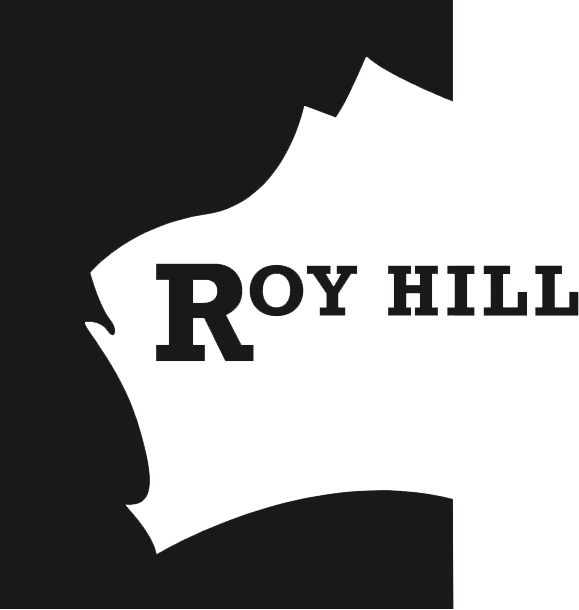News
BHP defends place in sport

Article by David Penberthy courtesy of the Weekend Australian.
BHP has come out swinging against accusations of “sportswashing”, with the mining giant saying its major investment in AFLW is bringing new female and Indigenous players into the national game.
The company has also declared that its support for the fledgling national women’s AFL competition is in keeping with its target of achieving 50-50 gender balance among its employees by 2025.
BHP is the latest corporate to be targeted over its links to sport, with the South Australian Greens questioning its partnership with the Adelaide Crows AFLW team on environmental and Indigenous heritage grounds.
But the company has got on the front foot, saying it sees a big part of its role with the Crows as building grassroots football in struggling communities and giving women new paths into sport.
BHP has been the major sponsor of the AFLW Crows since 2018 and has a national partnership with the AFLW focused on female leadership and gender equality through the funding of player development managers and the BHP women’s coaching and umpiring academies.
While there is no suggestion that any Crows players have any issue with the BHP partnership, the company’s involvement with the team has been targeted by the SA Greens. The criticisms echo those levelled against other companies such as Hancock Mining, which saw Gina Rinehart pull $15m in sponsorship from Netball Australia, and Woodside Energy, whose sponsorship of AFL club Fremantle Dockers was the subject of a damning open letter signed by former WA premier Carmen Lawrence and Perth author Tim Winton.
The Weekend Australian understands that the Adelaide Football Club and the Port Adelaide Football Club, which has a sponsorship with gas giant Santos, have discussed how best to manage sportswashing claims.
State Greens MP Tammy Franks in parliament last week questioned Santos’s sponsorship of SA’s international cycling event the Tour Down Under.
She told The Weekend Australian that she had similar concerns over BHP’s involvement with Australian football, citing its water consumption from the Great Artesian Basin and the impact of mining operations on Aboriginal heritage as issues the company needed to address.
“The social licence once given BHP has now expired and these sorts of exemptions cannot be easily justified by the company going forward. Their ongoing existence puts BHP’s behaviour firmly in the spotlight,” she said.
“Just throwing money at sports is not enough for a big company like BHP to share the ‘feel good’ glow from fans and players.
The brand has to be doing better than they have or they will be legitimately called out.” BHP said it was partnering with the SA government to look at a desalination plant and pipeline as an alternative water supply in the far north. It also suspended mining operations at key Indigenous heritage sites in Western Australia last year and has conceded that while some past mining practices were unacceptable by today’s standards, it now operates at an even stricter level than required under SA’s Indigenous heritage protection laws.
The company urged its critics to consider its partnership in the context of boosting gender equality and addressing poverty.
Some examples include its support for the Port Augusta Female Football League, where BHP supplied guernseys for all teams, new equipment, mentoring for league organisers and training for female coaches.
It also funds the Adelaide Football Club’s STEM program in Port Augusta, Whyalla and Roxby Downs schools to encourage young people and particularly girls to take up STEM subjects.
BHP corporate affairs manager Chris Cottier said: “We have a genuine partnership and shared commitment to supporting women and girls to get out on the footy field and play the sport they love,” he said.
Adelaide Football Club chief executive Tim Silvers said the partnership had been of enormous value to the Crows.
05.11.2022
Latest news
- Mrs Gina Rinehart AO | Bush Summit speech
- Speech by Mrs Gina Rinehart AO | Eve of ANZAC Day | 2024
- ‘Laws may need to change’: Gina Rinehart lashes Facebook over scam ‘inaction’
- Port of Port Hedland grows WA economy
- ‘Truth hurts’ – Gina Rinehart on why China is smarter than Australia
- We are supporting West Australians
Group executive news
- The Bolt report | A smoking ceremony gone wrong
- Geraldton tree planting event in honour of late QEII cancelled by Indigenous elders
- ‘WE MUST CONSTANTLY REMIND PEOPLE THAT WE NEED MINING’
- Ngurra Kujungka Annual Interschool Swimming Carnival | 2023
- Australians are ready, willing, and able to work – let them!
